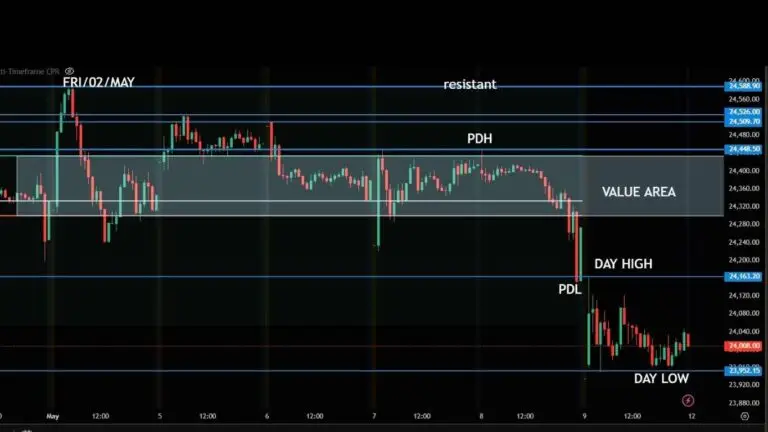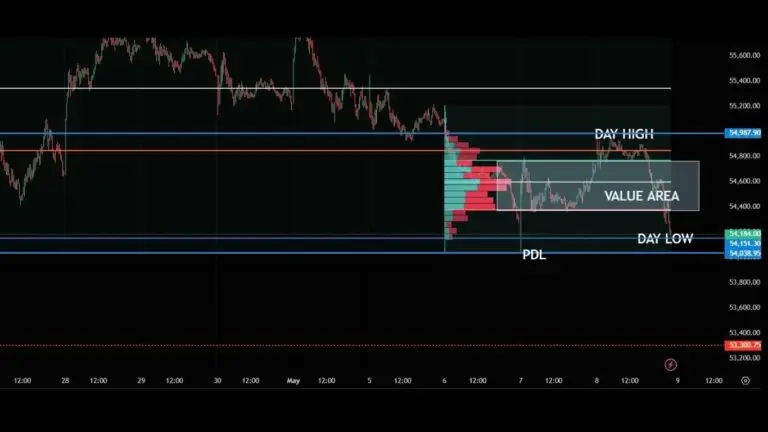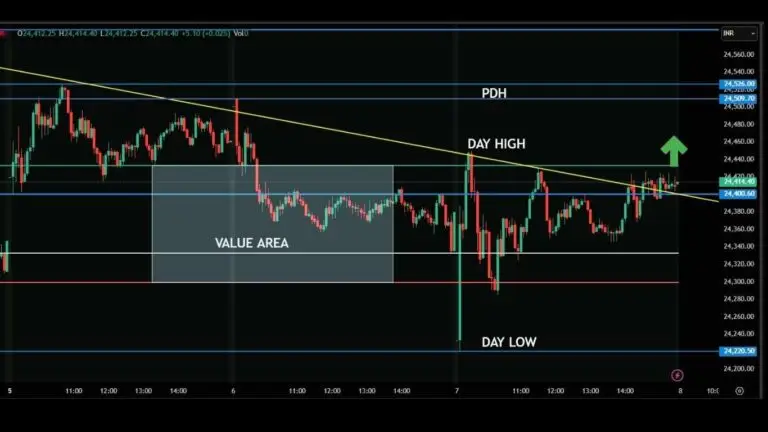
Overview
As of 2025, India’s cryptocurrency landscape continues to evolve. While cryptocurrencies like Bitcoinand Ethereum are not legal tender, buying, selling, and trading them remains legal. However, the government enforces strict taxation, including a 30% tax on profits and a 1% Tax Deducted at Source (TDS) on transactions exceeding specific limits. This creates a paradox—taxing an asset that lacks official recognition. Meanwhile, the Reserve Bank of India (RBI) repeatedly warns about cryptocurrency-related risks, citing financial stability concerns. The proposed Cryptocurrency and Regulation of Official Digital Currency Bill aims to curb illegal crypto use while promoting a central bank digital currency. However, its fate remains uncertain.
Introduction: India’s Crypto Policy in 2025 – What’s Allowed & What’s Not?
The global rise in cryptocurrency adoption has driven significant investment in India despite ongoing regulatory uncertainties. Initially, authorities approached crypto with caution. However, as adoption grew, the RBI and government found themselves navigating a complex regulatory path. This report examines India’s evolving cryptocurrency policies, covering its legal status, the RBI’s stance, and the rationale behind high taxation on assets that lack formal recognition.
Key Milestones in India’s Cryptocurrency Regulation: Timeline & Updates
| Date | Event | Description |
|---|---|---|
| December 2013 | RBI Caution | The RBI warned about the risks of virtual currencies. |
| April 2018 | RBI Ban | A circular prohibited banks from servicing crypto businesses. |
| March 2020 | Supreme Court Verdict | The Supreme Court overturned the RBI ban, allowing crypto trading to resume. |
| 2021 | Cryptocurrency Bill Introduced | Proposed a ban on private cryptocurrencies while introducing a CBDC framework. |
| February 2022 | Union Budget 2022 | Introduced a 30% tax on crypto and a 1% TDS on significant transactions. |
| March 2023 | PMLA Amendment | Included virtual assets under the Prevention of Money Laundering Act. |
| December 2024 | RBI Financial Stability Report | Highlighted the risks cryptocurrencies pose to financial stability. |
| February 2025 | Budget 2025 | Maintained existing crypto tax rules but expanded the definition of VDAs. |
Despite strict regulations, investors continue to show strong interest in cryptocurrencies. This persistence may push the government toward a more balanced policy approach.
Is Cryptocurrency Legal in India in 2025? Current Laws & RBI’s Stance

In 2025, cryptocurrencies like Bitcoin and Ethereum are not legal tender in India. Unlike the Indian Rupee, they lack government backing and are not mandated for transactions. However, buying, selling, and trading cryptocurrencies remain legal. The turning point came in March 2020, when the Supreme Court overturned the RBI’s 2018 ban, restoring crypto transactions. Despite this, the legal status remains unclear, posing risks for investors as future regulations could change.
The Cryptocurrency Bill and Its Implications
To clarify regulations, the government proposed the “Cryptocurrency and Regulation of Official Digital Currency Bill, 2021.” The bill sought to ban private cryptocurrencies while encouraging the development of a Central Bank Digital Currency (CBDC). Although it has not yet become law, it signals the government’s intent to regulate digital assets while addressing concerns about illegal cryptocurrency activities.
In March 2023, an amendment to the Prevention of Money Laundering Act (PMLA) brought virtual assets under its scope, enforcing Know Your Customer (KYC) rules on crypto businesses. This move strengthens the effort to regulate cryptocurrencies and prevent misuse in illegal activities.
RBI’s Stance on Cryptocurrency: Financial Stability Concerns and CBDC Development
The RBI has consistently warned about cryptocurrency risks, particularly their impact on financial stability. The central bank remains skeptical, arguing that digital assets lack intrinsic value and could threaten the economy. Even after the Supreme Court overturned the 2018 ban, the RBI continued advocating for caution. At the same time, it is developing a Central Bank Digital Currency (CBDC) as a stable alternative to private cryptocurrencies.
Understanding India’s Crypto Tax: 30% Tax on Crypto Gains & 1% TDS Explained

In 2022, the Indian government introduced a 30% tax on income from Virtual Digital Assets (VDAs) and a 1% TDS on crypto transactions above ₹50,000. Taxpayers can only deduct the acquisition cost when calculating taxable income, and losses cannot be offset against other sources. This tax structure reflects the government’s approach to regulating cryptocurrencies while maintaining skepticism about their legal status.
Why Does India Tax Crypto If It’s Not Legal Tender? The Paradox Explained
Many investors wonder why the government taxes cryptocurrency when it is not legal tender. The answer is simple—taxation does not imply recognition. Just like other speculative assets, cryptocurrencies generate income, making them taxable. This approach allows the government to collect revenue from the growing crypto market while controlling speculation.
Global Crypto Regulations vs. India: How Other Countries Are Managing Crypto
Different countries have adopted varying approaches to cryptocurrency regulation:
- USA: Regulates crypto as property and taxes it under capital gains laws.
- UK: Similar to India, profits from crypto trading are taxable.
- UAE: Offers crypto-friendly tax policies, with no personal income tax.
- China: Completely bans cryptocurrency transactions.
India’s regulatory stance aligns more with taxation-heavy models like those in the UK, rather than outright bans like China.
The Future of Digital Currency in India: Embracing CBDC
The RBI continues developing the Digital Rupee (e₹) as part of its digital currency strategy. This government-backed digital currency aims to modernize payments and improve financial inclusion. Positioned as a safer alternative to private cryptocurrencies, the Digital Rupee strengthens the RBI’s control over monetary systems while offering benefits like streamlined transactions.
Conclusion: Navigating the Challenges of Cryptocurrency in India
India’s approach to cryptocurrency reflects a delicate balance between cautious acceptance and strict regulation. While trading is allowed, cryptocurrencies lack legal tender status and face heavy taxation. The RBI remains skeptical, citing financial stability concerns, while investors continue engaging with digital assets. The Cryptocurrency and Regulation of Official Digital Currency Bill, if passed, could provide clearer guidelines. Until then, a mix of regulation, innovation, and investor protection will shape the future of cryptocurrency in India
Despite challenging regulations, people continue to accept cryptocurrency as an asset, which speaks volumes about its significance in the financial landscape.
Frequently Asked Questions (FAQs)
Is cryptocurrency banned in India in 2025?
No, cryptocurrency trading is allowed in India, but it is not considered legal tender. The government regulates it through strict taxation and compliance measures.
Do I need to pay tax on Bitcoin in India?
Yes, Bitcoin and other crypto gains are taxed at 30%, and a 1% TDS applies on transactions exceeding ₹50,000 (₹10,000 for specific users).
Will India regulate crypto or ban it completely?
India is more likely to regulate cryptocurrency rather than ban it. The government is focused on taxation, investor protection, and compliance rather than an outright prohibition.
Why does India tax crypto if it’s not legal tender?
Even though crypto is not an official currency, any asset that generates income is taxable under Indian law. The government treats cryptocurrency as a speculative asset, similar to stocks.




